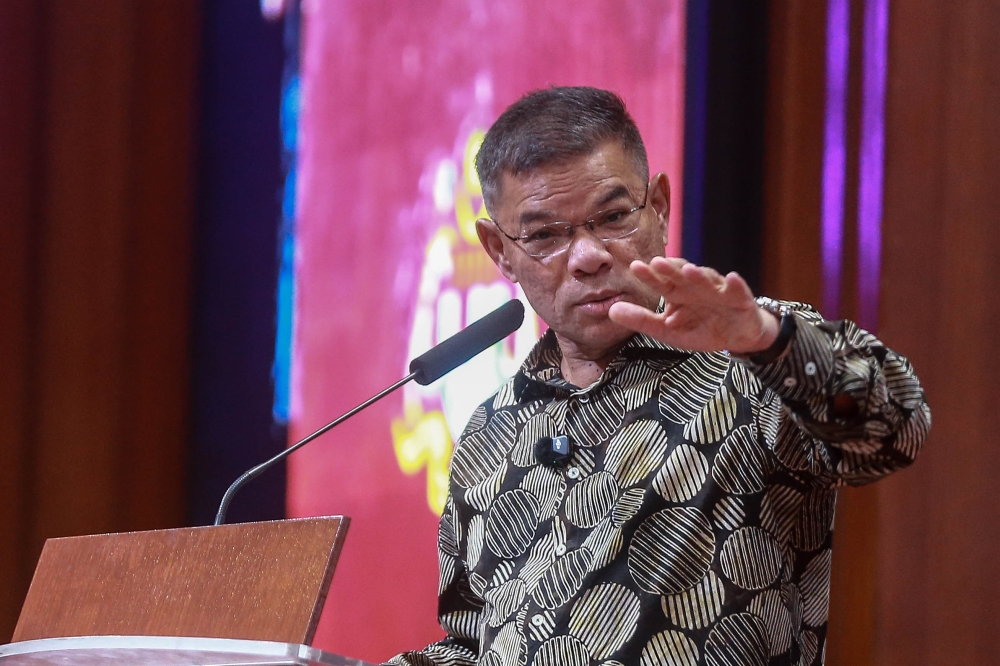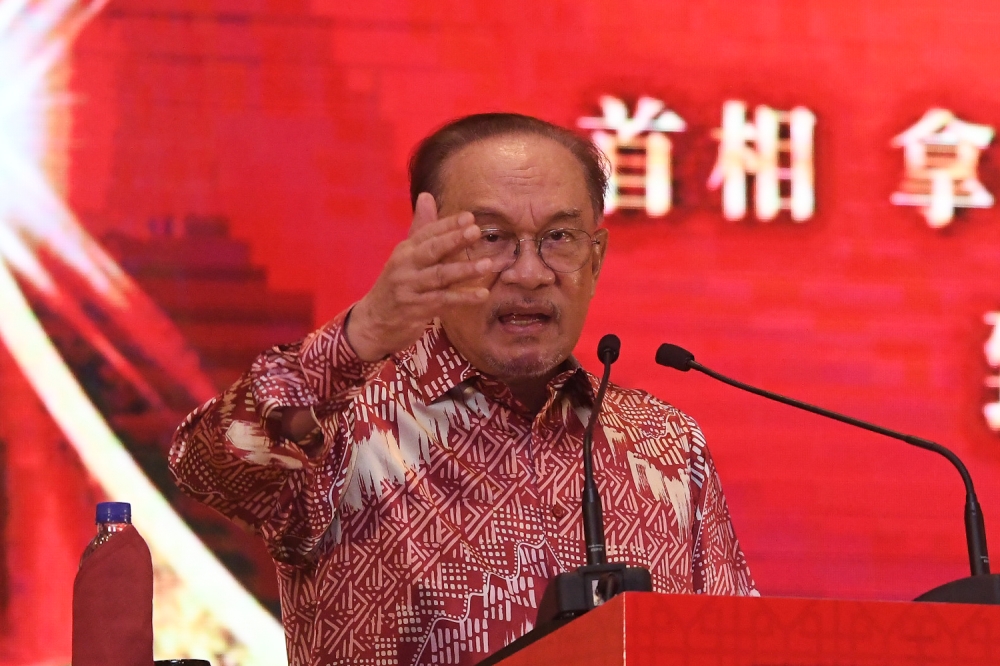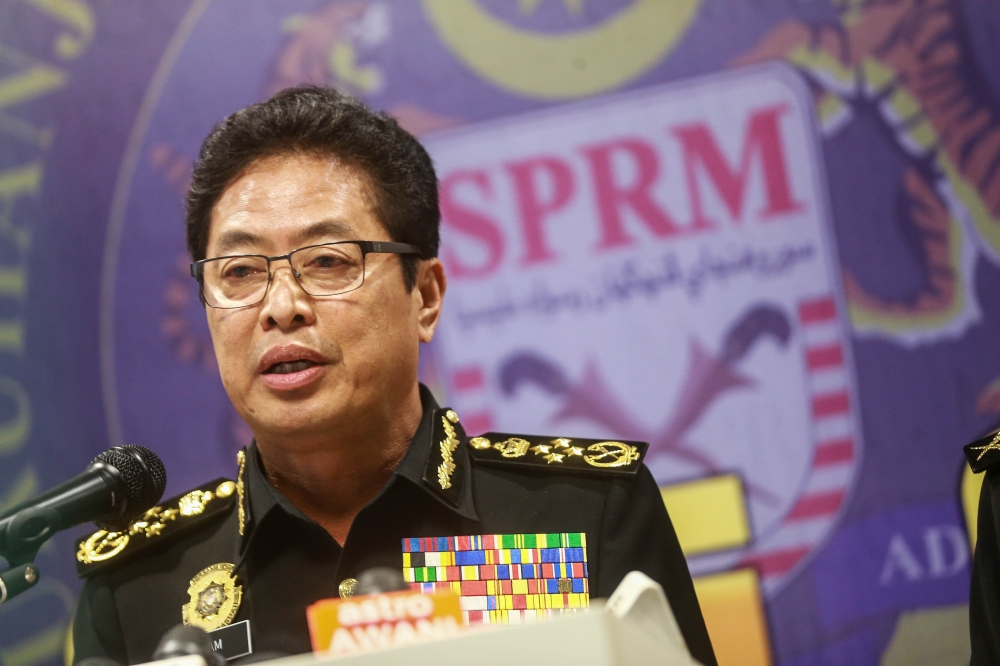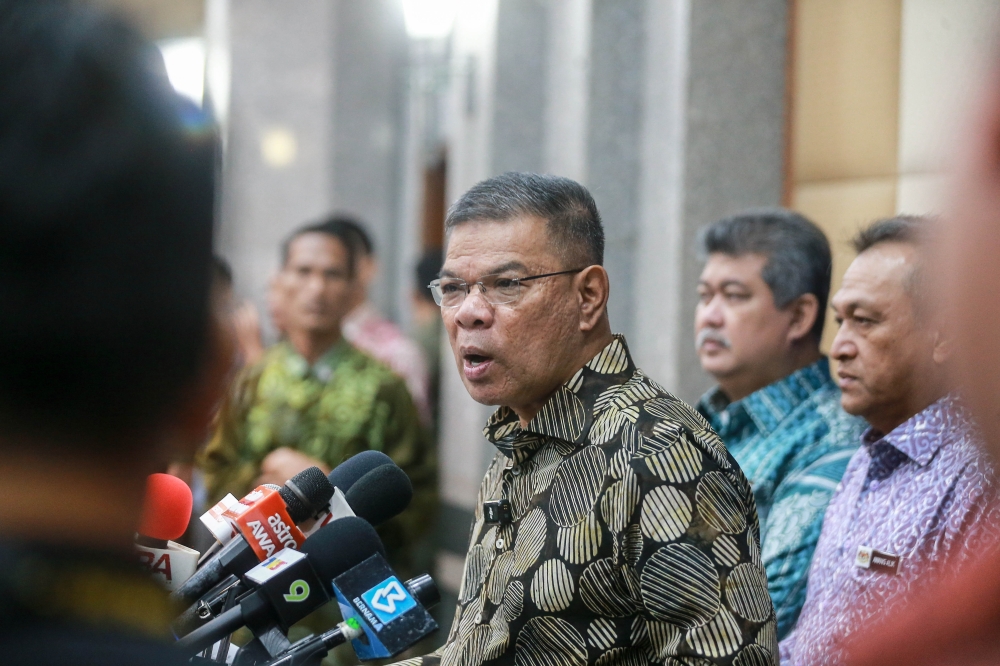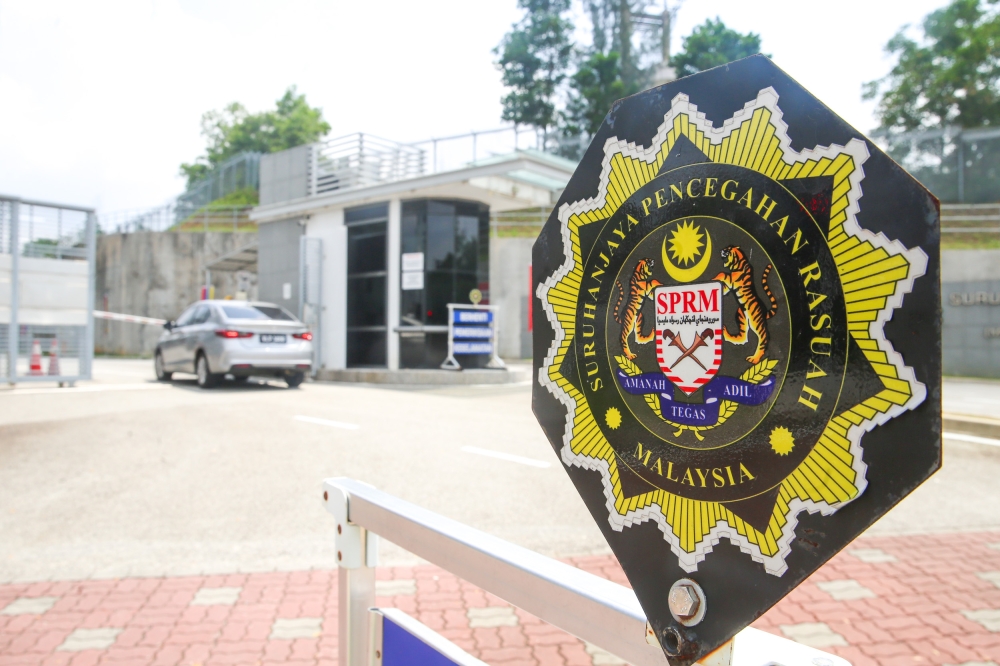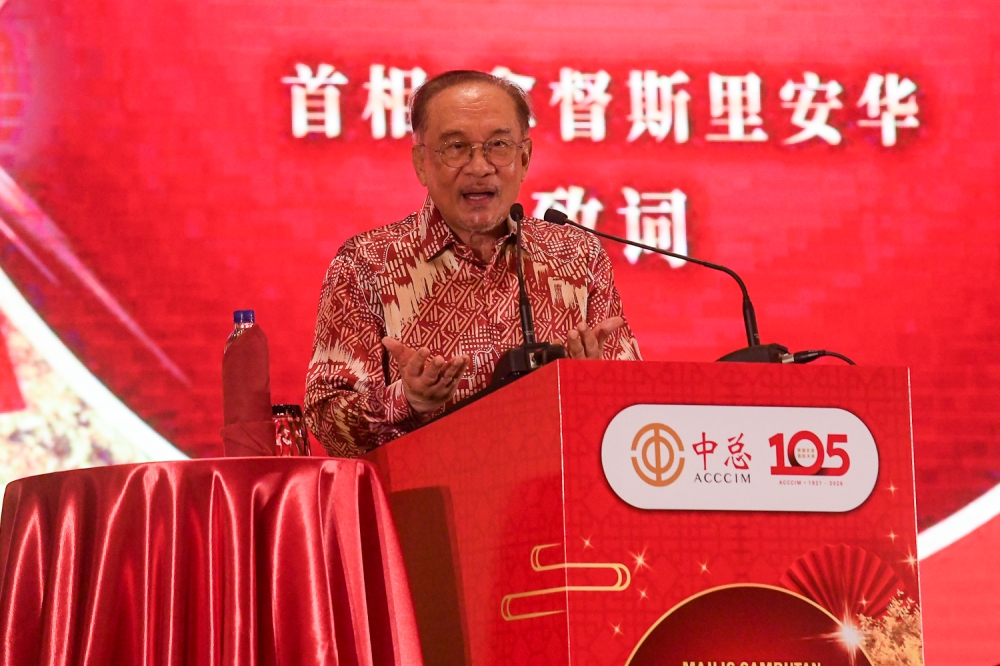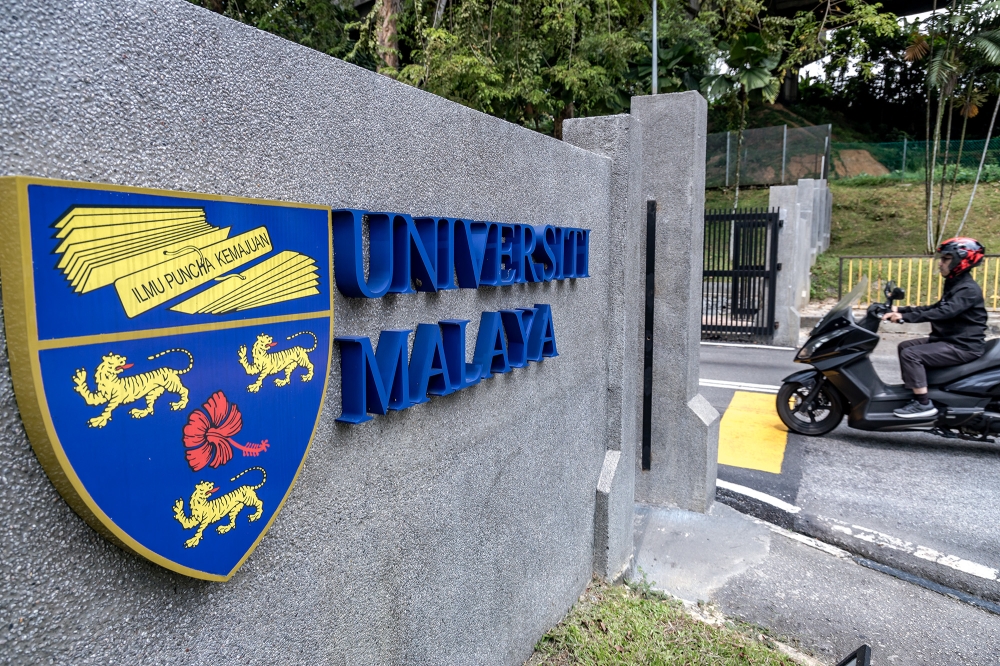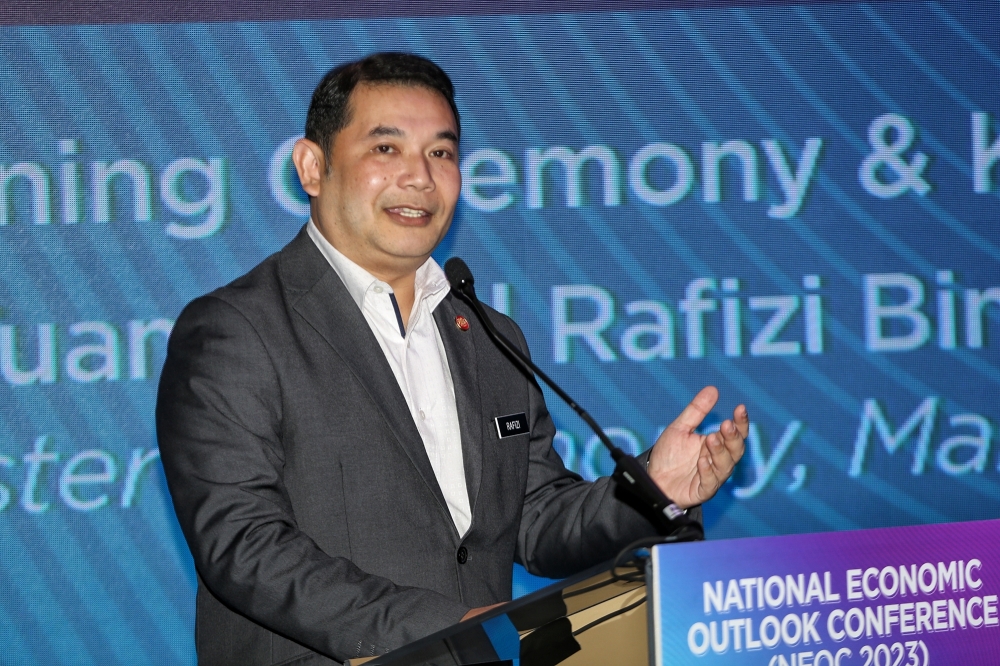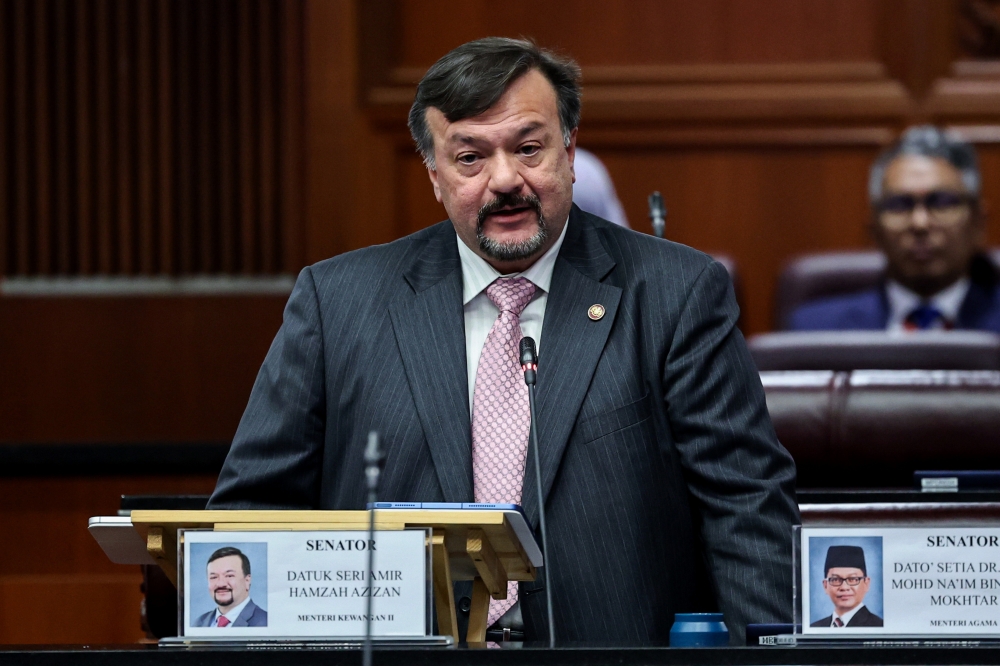KUALA LUMPUR, Nov 30 — The incentive-driven voluntary opt-in progressive wage programme will prioritise workers in small and medium enterprises, Minister of Economy Rafizi Ramli said in Parliament today as he tabled the much-anticipated White Paper on the progressive wage policy that has drawn support from workers but scepticism from employers.
In it, he detailed the delivery mechanism that will primarily be driven by cash incentives supplemented by tax money.
Rafizi said companies defined as “entry-level” that voluntarily opt in will be given up to RM200 per worker for the first 12 months, on the condition that they raise salaries yearly either by matching or paying more.
Companies at the “non-entry level” will receive RM300 per worker, he added.
For the first year of the policy, the proposal is to cap eligibility for workers earning between the minimum wage and RM5,000, the minister said.
“This proposal takes into account that employers who receive a salary range of between RM1,500 and RM4,999 make up to 66.6 per cent or four million workers (from the total formal sector workforce),” the White Paper said.
“The threshold should give wide coverage to private sector workers who could benefit from this initiative.”
The rate of yearly increment will also have to be pegged to productivity, a condition set after considering concerns from employers, Rafizi said.
This means employers who apply for the cash incentive will have to show proof that workers have been “upskilled” and productivity raised.
The White Paper did not state if employers must apply specific indicators to measure productivity objectively.
“Companies that participate in the Progressive Wage Policy must send their workers for training and upskilling programmes recognised by the government,” the minister said.
“Workers on the other hand must observe conditions set for training and upskilling that will be translated into more quality and productive work that would match the salary bump.”
The programme is expected to cost the federal government RM2 billion but Rafizi suggested it could change depending on Putrajaya’s “financial situation”.
The minister pledged to make the financing mechanism “simple” especially for smaller companies. He stopped short of giving details.
Local SMEs will be the primary target for participation even if approval will be on a first-come first-served basis. Participating companies will then be rated through a “star system”, which Rafizi said is aimed at spurring competition that would encourage companies to offer “competitive” salaries.
The better the company pays the more stars it will get, and therefore attract more talents.
Rafizi suggested the policy would benefit up to one million workers and add at least RM3.3 billion in gross domestic product. The programme is also expected to add up to RM1.8 billion in income tax collection, with up to 37,000 workers soon earning taxable income.
“The salary raise will increase the purchasing power of workers and give multiplier effects to consumption and private investments,” Rafizi said.
Prime Minister Datuk Seri Anwar Ibrahim vowed to raise living standards upon taking office.
Salary growth in Malaysia has stagnated in the last two decades. From 2011 to 2022, salary grew at a mere 4.1 per cent, official wage data showed.
Up to the first quarter of 2023, 73 per cent of the country’s formal sector workers earned less than RM5,000, 56 per cent are paid less than a living wage (RM3,047 monthly) while 47 per cent earn below the latest poverty line of RM2,589 a month.
One out 10 workers in this sector are paid below the minimum wage of RM1,500 a month. Stagnant wage growth has made Malaysia one the countries with the lowest household savings, according to World Bank data.

